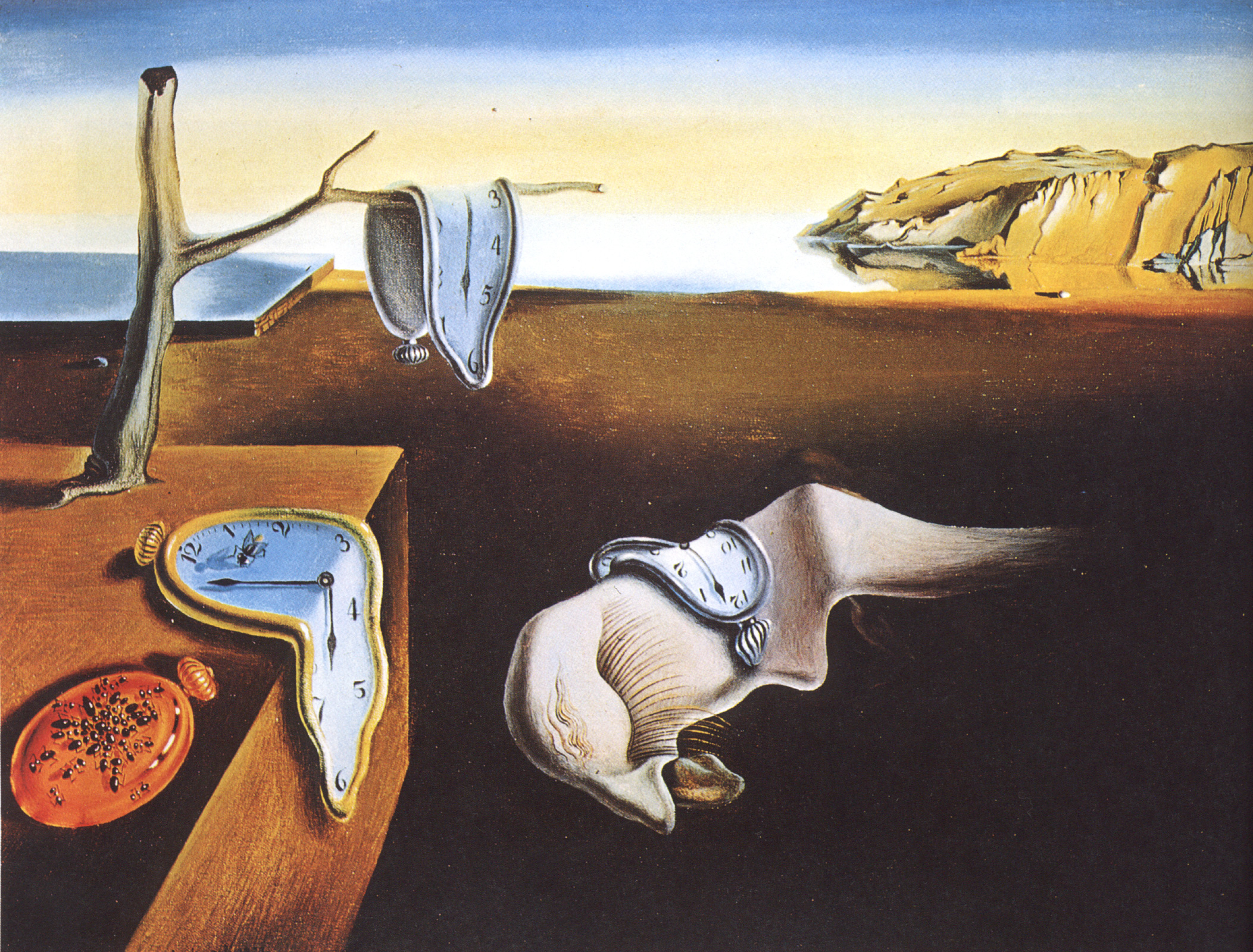Even a Broken Clock Is Right Twice a Day
ETFs will underperform actively managed funds at some point; just stay the course and don’t ditch them.
You heard it here first: active funds will outperform passive funds, sometime, somewhere, in some market, over the next few months, or years. At which point, however briefly, we shall be inundated with I-told-you-so’s from all quarters – the truly most talented investors as well as the obviously most clueless salespersons and, of course, the press. And if you are not careful you will to be dragged into the fray and begin concocting all sorts of clever justifications to pay those 1.0%-1.5% TERs (which conservatively are more like 1.5%-3.0% when you include trading costs; see this paper) forever thereafter.
You shouldn’t.
I’m aware that hardly a day goes by without a mention of the boom in exchange traded funds and how most active managers struggle to keep up with their performance. While the “news” is old, the growth of passive investing has been truly phenomenal, despite increasing preoccupations with respect to potential liquidity or systemic problems, uncertainties on the use of leverage (well-founded), concerns on securities lending programs (less well founded) and other sundry stories. There is also a lot of confusion on what exactly ETFs are today and how they should be used: witness the proliferation of active investment strategies (re-branded smart beta) masquerading as passive approaches by wrapping themselves in an ETF. Finally, one of the main sponsors and drivers of these investment vehicles, Jack Bogle of Vanguard, has now gone as far as accusing ETFs of fostering the very thing they were designed to avoid: active trading (see this FT article).
My contrarian mind smells a rat when I think about all this. Nurtured by the maxim that nothing ever moves only on a straight line – not even the most profitable investments – this rat is less a catastrophic foreboding and more an inspired cautionary hint. As the title of this post implies, even the worst ideas sometimes have a chance to shine.
Extreme popularity of a good idea brings complacency and unreasonable expectations which, when mixed with normal everyday randomness, often lead to disastrous long-term investment decisions. ETFs will not always win, every month, every quarter, every year; but on average they will deliver the market return you seek. Alternatively, at some point active managers will beat their benchmarks for some time, but that probably will not signal a true regime change where any additional cost will be covered by the ultimate result.
So, brace yourself and be strong: as for all things in life, when this anomaly will take place tell yourselves “this too shall pass” and stay the course.
-Photo Sources-
Cover: Salvador Dali’, “The Persistence of Memory”, 1931; The Museum of Modern Art, New York; https://www.wikiart.org/en/salvador-dali/the-persistence-of-memory-1931
